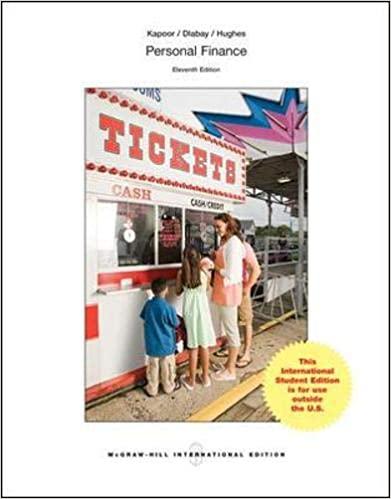14 Which of the following budgetary accounts typically have a debit balance? A. Apportionments. B. Expended Appropriations-paid. C. Expended Appropriations-unpaid. D. Appropriations Realized. 15. When agency directors make allotments, what budgetary accounts are affected? A. Unapportioned Authority and Allotments-Realized Resources. B. Allotments-Realized Resources and Undelivered Orders. C. Appropriations and Allotments Realized Resources. D. Allotments-Realized Resources and Expended Appropriations. 16. Assume that Congress enacted an appropriation for a federal agency in the amount of $500,000. The proprietary entry that would be necessary would be Credit Debit $500,000 S500.000 $500.000 $500.000 A Fund Balance with Treasury Unexpended Appropriations B. Cash Appropriations C. Appropriation Realized Unapportioned Authority D. Cash Obligations $500,000 $500,000 $500,000 $500,000 17. An agency makes an internal preliminary request for the purchase of $75,000 of equipment and supplies with an anticipated cost of $10,000. The budgetary entry made by the agency would be Credit Debit $10,000 75,000 $85.000 585,000 A. Expenditures Capital Assets Appropriations B. Allotments - Realized Resources Commitments C. Appropriations Commitments D. Appropriations Allotments $85.000 585,000 $85,000 $85.000 $85,000 18. Which of the following budgetary accounts typically is not closed at year end? A. Unapportioned Authority. B. Expended Appropriations-Paid. C. Expired Authority, D. Commitments. Previously purchased materials costin ierary entry to record this transaction would osling $50,000 were used by a federal agency. The Credit Debit $50,000 S50.000 $50,000 A Operating/Program Expenses - Materials Inventory for Agency Operations B. Operating Program Expenses -- Materials Appropriations Used Appropriation Realized Inventory for Agency Operations D. Inventory for Agency Operations Accounts Payable C. $50,000 S50,000 $50.000 $50,000 $50,000 20. Which of the following proprietary accounts of a federal agency would be closed at year- end? A. Appropriations realized. B. Apportionments. C. Appropriations used. D. Unexpended appropriations. 21. Generally accepted government auditing standards (GAGAS) are established by A. The GASB. B. The Comptroller General. C. The AICPA. D. The FASB. 22. A single audit must include all of the following except A. A financial statement audit. B. Compliance testing. C. A performance audit. D. Internal control evaluation and testing. 23. A government is required to have a single audit for any year in which it expends federal awards of A. At least $100,000. B. At least $300,000. C. At least $500,000 D. At least 25% of its total expenditures. 24. Which of the following could not be an independent auditor for governmental entities? A. Public auditors. B. Officials of a government other than the one being examined. c. Officials of the government being examined even if they are a part of government's management assuming they meet certain prescribed criteria. D. Officials of the government being examined that are separately elected








